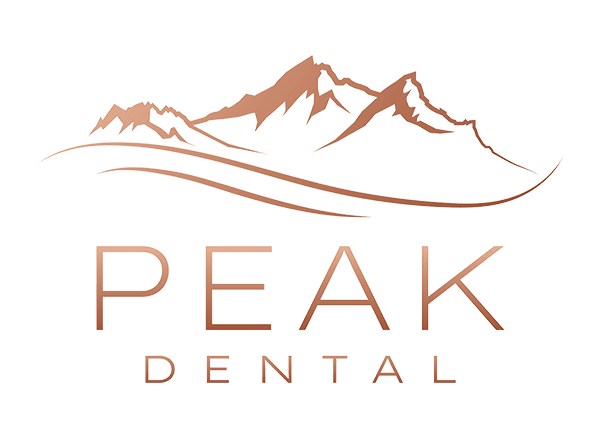Gum disease, also known as periodontal disease, is a common but often preventable condition that affects the tissues supporting your teeth. It typically starts with gingivitis, an inflammation of the gums, and can progress to more serious stages if left untreated. Maintaining healthy gums is essential not just for your oral health, but for your overall well-being. Knowing how to prevent gum disease can help keep your smile strong and healthy.

Prioritize Daily Oral Hygiene
Consistent, thorough oral hygiene is the cornerstone of gum disease prevention. Brushing your teeth at least twice a day helps remove plaque, the sticky film of bacteria that forms on your teeth and gums. Use a soft-bristled toothbrush and fluoride toothpaste, and make sure you brush for at least two minutes. Don’t forget to gently brush your tongue, as it can harbor bacteria that contribute to gum issues.
Flossing is equally important. It reaches areas that a toothbrush can’t, particularly between teeth and under the gumline. Plaque that isn’t removed with brushing and flossing can harden into tartar, which can only be removed by a dental professional. If flossing feels difficult, consider using interdental brushes or water flossers to make the task more manageable.
Choose a Healthy Diet
Your diet plays a significant role in oral health. Eating a balanced diet that’s low in sugar and high in vitamins and minerals can help keep your gums in good shape. Vitamin C, in particular, is important for gum tissue repair and fighting inflammation. Leafy greens, citrus fruits, bell peppers, and strawberries are all excellent sources of this vital nutrient.
Avoiding sugary snacks and beverages can reduce the amount of plaque-forming bacteria in your mouth. Sugars feed the harmful bacteria that produce acids and toxins, which irritate the gums and eventually lead to periodontal disease. Drinking plenty of water throughout the day helps rinse away food particles and bacteria, supporting a cleaner oral environment.
Schedule Regular Dental Visits
Seeing your dentist regularly is essential for preventing gum disease. Most dental professionals recommend a check-up and cleaning every six months, but you might need more frequent visits if you have a history of gum issues or other risk factors. Professional cleanings remove tartar that brushing and flossing can’t reach, helping to keep your gums healthy.
Dental visits are also your opportunity to catch gum disease early. Your dentist can identify the signs of gingivitis, such as redness, swelling, and bleeding, before it progresses to more severe forms. Early treatment is much easier and less invasive than addressing advanced periodontal disease.
Understand the Risk Factors
Several factors can increase your risk for gum disease, including smoking, hormonal changes, diabetes, and genetics. Smoking, in particular, is a major contributor, as it reduces blood flow to the gums and impairs healing. If you smoke, quitting is one of the best things you can do for your oral health.
If you have diabetes, keeping your blood sugar levels under control can help prevent gum complications. Hormonal changes during pregnancy or menopause can also affect gum sensitivity, so extra care during these times is important. Being aware of your personal risk factors allows you to take targeted preventive measures.
Watch for Warning Signs
Prevention also means being alert to the early signs of gum disease. Bleeding gums, persistent bad breath, gum recession, or loose teeth are all red flags that something may be wrong. If you notice any of these symptoms, don’t wait. Schedule a visit to your dentist as soon as possible. Catching gum disease early can make a significant difference in the treatment outcome. The earlier it’s treated, the more likely it is that your gums will fully recover.
Gum Disease Treatment in Winchester, VA
At Peak Dental, we are here to help you preserve your oral health. If you notice red, swollen, or bleeding gums, you could have the early stages of gum disease. The sooner you seek treatment, the better. Contact our office to schedule a consultation and learn more about your treatment options.
